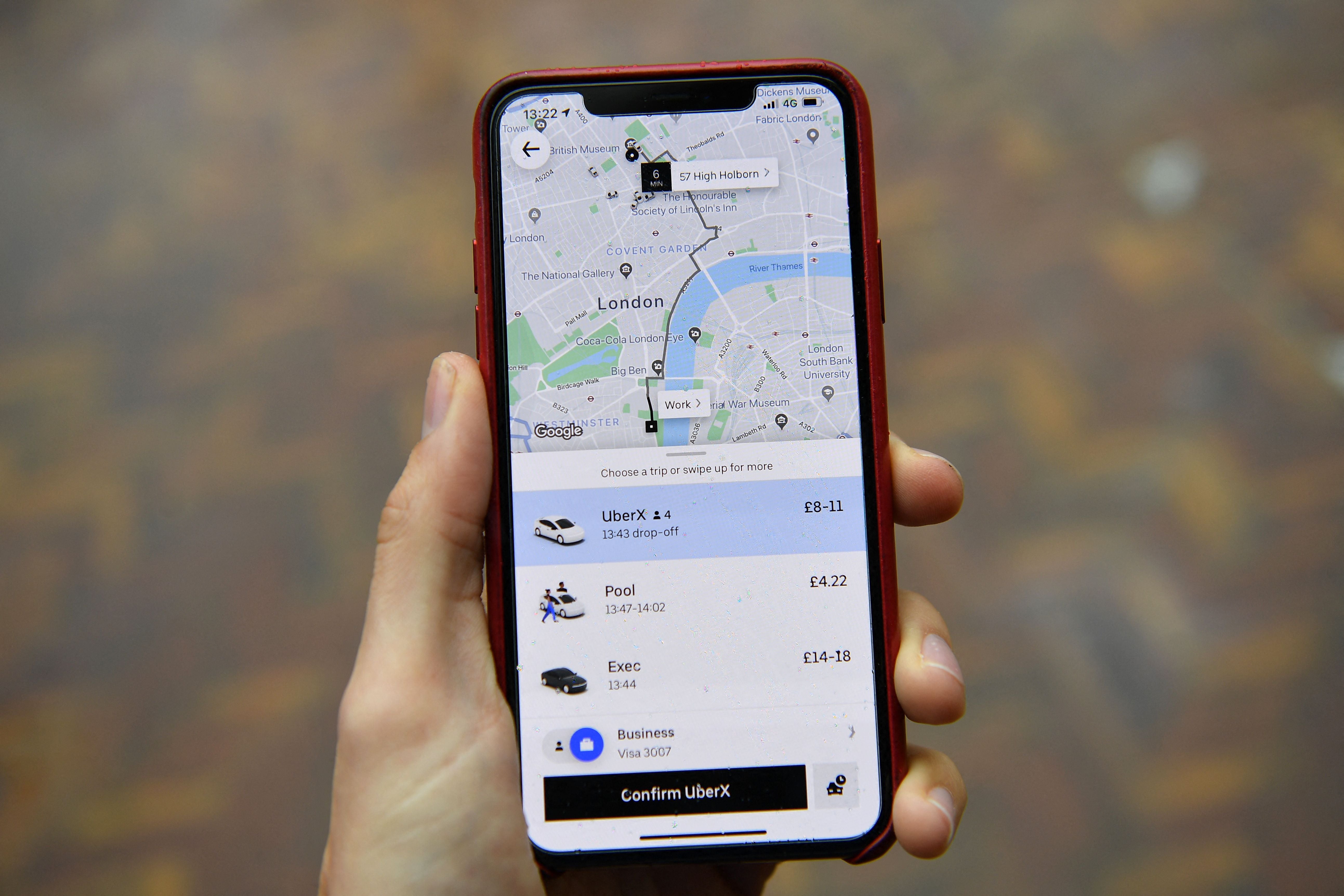Should we be prepared to pay more for gig-economy services?
Ben Chu asks if it’s possible for app-based, gig-economy companies such as Uber and Deliveroo to offer cheap prices to customers and still treat their workers properly

The Supreme Court’s ruling last month that a group of Uber drivers were not self-employed contractors but workers for the taxi-hailing app – and were thus owed all the associated rights of workers – demanded a response from Uber.
And this week the San Francisco tech firm’s response came. It has agreed to give its 70,000 UK drivers a guaranteed minimum wage, holiday pay and pensions, a decision that has been hailed by some campaigners as a victory for all gig economy workers.
“Other gig economy companies should take note – this is the end of the road for bogus self-employment,” said Mick Rix of the GMB union.
Subscribe to Independent Premium to bookmark this article
Want to bookmark your favourite articles and stories to read or reference later? Start your Independent Premium subscription today.
Join our commenting forum
Join thought-provoking conversations, follow other Independent readers and see their replies